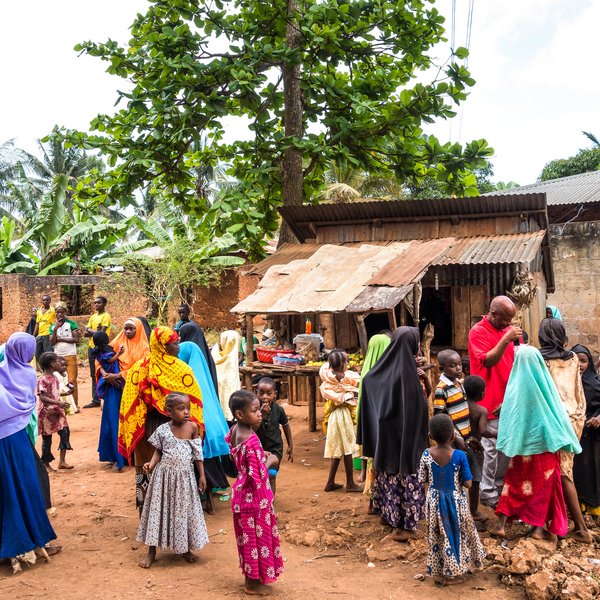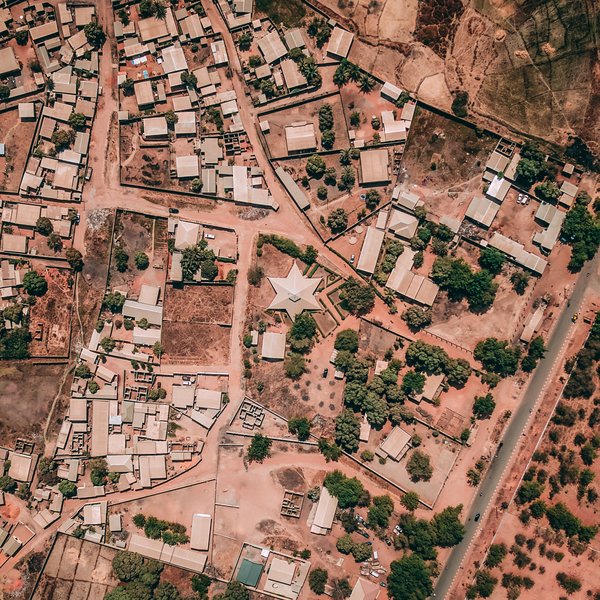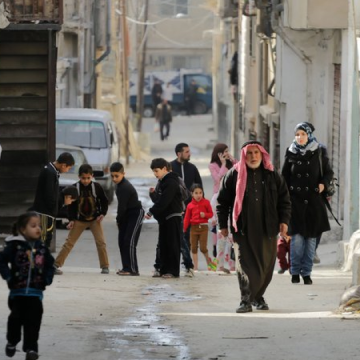FOR IMMEDIATE RELEASE
As the US grapples with the human and financial fallout of Coronavirus, new study reveals a deep undercurrent of housing insecurity.
- 13 percent of people in the US think it is likely they will lose their homes.
- Numbers are higher among renters (18 percent) and young people (22 percent).
- Fear of eviction and a lack of financial resources are the top reasons cited.
- Coronavirus outbreak likely to push more families into insecurity and, unless urgent actions are taken, may tip vulnerable populations over the edge.
As the pandemic adds further financial strain to families across the US, a new study finds that 34 million people living in America – 13 percent of the adult population – expect they will lose the ability to continue living in their homes over the next five years. The first-of-its-kind poll, taken before the virus outbreak, likely under represents current levels of housing insecurity now exacerbated by the worsening economy.
Prindex, a joint initiative of the Global Land Alliance and the Overseas Development Institute (ODI), asked a nationally representative sample of Americans between April and May 2019 about how secure they feel in their land and property rights. The findings expose a vast undercurrent of housing insecurity in America, with fear of eviction and a lack of financial resources topping the reasons cited for why people feel insecure.
Malcolm Childress, Director of the Global Land Alliance and Co-Director of Prindex said: “These numbers are deeply concerning. In a country as wealthy as the US, it is unacceptable that so many are teetering on the edge of not having a place to live.”
“As we move to strengthen social protection measures in response to the pandemic, we need to ensure people feel secure in their housing. The added financial strain caused by the virus will likely exacerbate what is already an urgent problem. Without action, many more families will likely be pushed into housing insecurity and those already vulnerable may be tipped over the edge.”
Findings from the study include:
- 18 of percent people that rent their homes expect to be forced out, compared to 6 percent of homeowners.
- 22 percent of young people (18 to 24 years) expect to be forced out, compared to 8 percent aged 55+.
- Among the main reasons cited were fear of eviction and a lack of financial resources.
Anna Locke, Director of the Sustainable Environments and Societies Programme at ODI and Co-Director of Prindex, said: "These levels of insecurity place the US squarely in the second tier of countries in terms of ensuring property rights. We are still crunching the numbers of the full global dataset, but what is emerging is that some countries do far better.”
“And not just rich ones: just 8 percent of people in Rwanda, a country with GDP per capita 100th the size of the US, feel insecure. The question we should be asking ourselves is why so many people living in advanced economies – including the US – fully expect to lose their home or land in the coming years.”
Prindex is funded by the UK Department for International Development and Omidyar Network.
Photo credit: Flickr/Jake Harris
/ENDS
To arrange interviews with experts, contact Ryan Flynn at [email protected] or +33 676 098 027 via phone or WhatsApp.
Prindex US infographic | Prindex US data
Notes to editors:
- Prindex collects data on how citizens worldwide view the security of their right to retain use of their homes and other property, in order to encourage and empower governments, business, and civil society working to build a world where tenure rights are securely protected. For more information: www.prindex.net.
- In 2019, the United States officially adopted Prindex to measure its progress toward meeting Sustainable Development Goal 1, to end poverty in all its forms everywhere (SDG indicator 1.4.2 on tenure security).
- Prindex has currently released datasets for 33 countries Later in the year, Prindex will release datasets for 140+ countries (including the US).
About DFID
The Department for International Development (DFID) leads the UK’s work to end extreme poverty. DFID tackles the global challenges of our time including poverty and disease, mass migration, insecurity and conflict. DFID’s work is building a safer, healthier, more prosperous world for people in developing countries and in the UK too. To learn more, visit
www.gov.uk/dfid and follow @DFID_UK on Twitter.
About Omidyar Network
Omidyar Network is a philanthropic investment firm that invests in and helps scale innovative organizations to catalyze economic and social change. Established in 2004 by eBay founder Pierre Omidyar and his wife Pam, the organization has committed more than $1.4 billion to for-profit companies and nonprofit organizations across multiple initiatives, including: Digital Identity, Education, Emerging Tech, Financial Inclusion, Governance & Citizen Engagement, and Property Rights. To learn more, visit www.omidyar.com, and follow @omidyarnetwork on Twitter.


